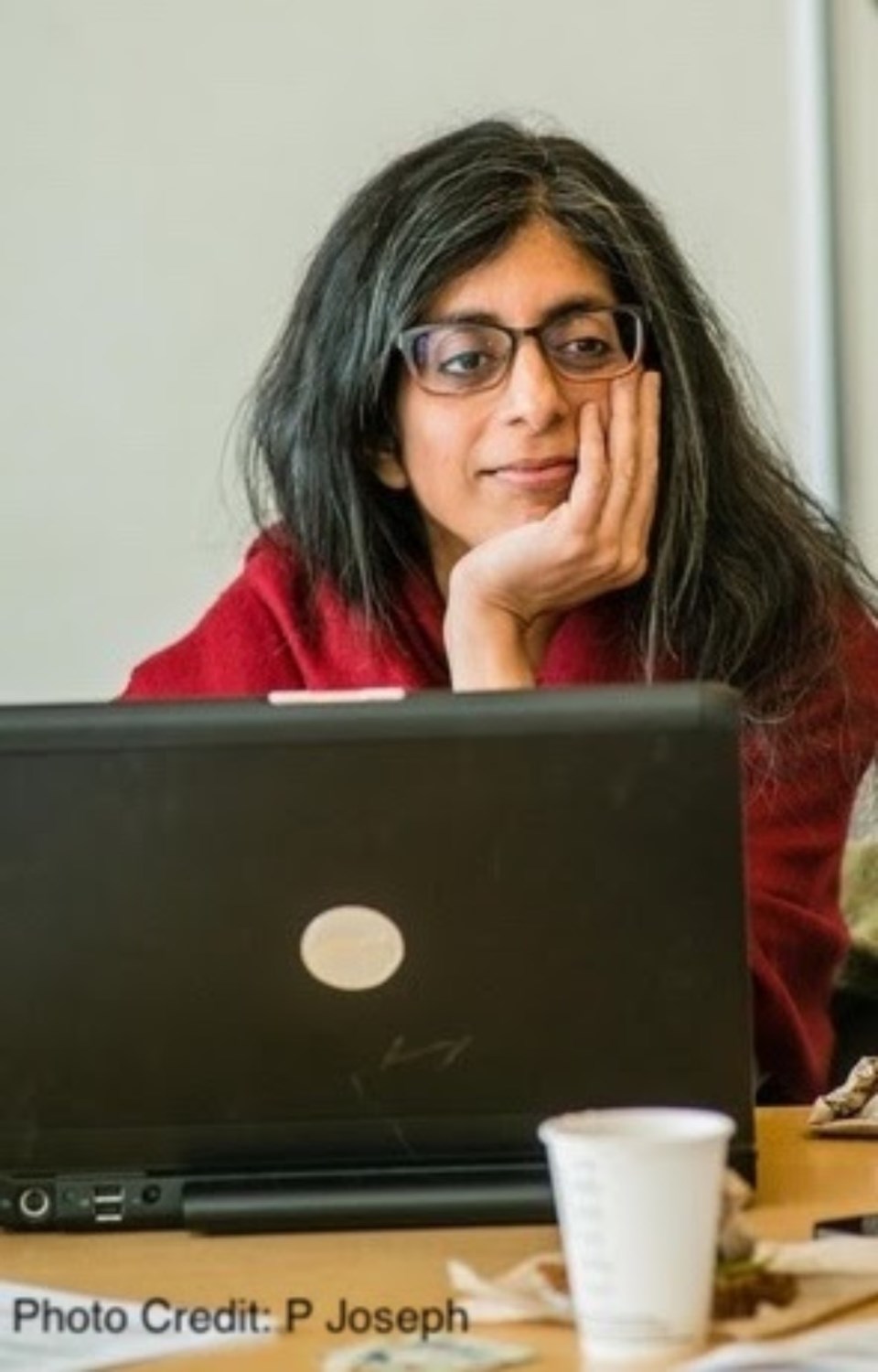Speaking with my mother one day I shared that I was to speak at an event about suffering and whether it can lead to joy and hope.
“Are you suffering?” asked my mom. My immediate response: “Yes.”
“No, you’re not. Don’t set your mind there
I wondered are there any parables during Prophet Mohamed’s time, peace be upon him (PBUH), about disabled women? I found a beautiful reference to a Hadith, which are sayings and traditions compiled and verified about the Prophet (PBUH), from Sahih Muslim, narrated by Anas (may Allah be pleased with him), who was the last companion of the Prophet (PBUH):
Once there was a woman who had a mental illness. She said to the Prophet (PBUH): I want something from you.
The Prophet (PBUH) said: mother of so-and-so, see on which side of the road you would like (to stand and talk) so that I may support you.
She had no direction in mind. She wandered and the Prophet (PBUH) walked various routes with her. Even though she was in a difficult mental state; the Prophet (PBUH) stopped whatever he was doing, responded in a way that dignified her, he didn’t dismiss her by asking someone else to take care of her, he listened and did whatever he could to help until her need was met (Suleiman, 2018).
The Qur’an says that every human will be tested (2:155-156) and with hardship comes ease (94:5-6). I’m going on 20 plus years with multiple sclerosis mixed with overcoming disability challenges. I hold grace for myself by focusing on moment by moment and being grounded in the present rather than what’s not in my control. Ironically, being disabled has provided a source of strength that has forced me to slow down, be patient, and view the world from another perspective. But, can suffering lead to joy and hope? I find this difficult to answer with a simple yes or no when suffering has been inflicted historically and continues today through ongoing conflicts, injustices, and genocides around the world, including in Canada. For example, Indigenous peoples here experienced genocide and in some parts still don’t have clean drinking water.
Suffering has many layers – some visible, some invisible. While years of advocacy have established supports for persons with disabilities in Canada, a new report from the University of Calgary indicates barriers still exist (Graveland, 2023). Although various supports have provided some ease to manage my challenges, MS has not led me to joy and hope; but instead led me to advocacy, Islam, Allah, the Qur’an and the realization my body and time on earth are temporary.
Justice, equity and humanity are central messages of the Qur’an. The Prophet (PBUH) demonstrated these along with compassion, mercy, patience and love when he walked with the woman. Given we all will face challenges at some point in our lives, I ask how will each of us react, respond, or show up in challenging times? I rethought my initial response to my mom’s question. No, I’m not suffering. I won’t set my mind on it. As the Qur’an says – Allah does not burden any human with more than they can handle (2:286). I pray for sabr (patience), courage, and strength. Those who patiently endure receive Allah’s blessings and mercy (Qur’an, 2:157) and it is with Allah I will find joy and hope. I have no choice, but to be brave, resilient, move as best as I can, and stay focused on how I respond, react and show up in this world. How will you show up?
Meharoona Ghani, MA, former Artist in Residence at University of Victoria’s Centre for Studies on Religion and Society; a Diversity Specialist; and a writer published in many collections, including: Body & Soul: Stories for Skeptics and Seekers, Caitlin Press; & The Muslimah Who Fell to Earth, Mawenzi House Publishers. Meharoona’s writing has been shortlisted by the Federation of BC Writers for their 2021 Literary Contest (forthcoming anthology). She continues to write Letters to Rumi – her journey of identity and belonging. Learn more at: mghaniconsulting.ca. Meharoona is grateful to be welcomed to live on the unceded territories of the lək̓ʷəŋən, Songhees, Esquimalt and W̱SÁNEĆ peoples.
References:
- Suleiman, Omar. “Hadith #35 – The Rights of Those with Disabilities: 40 Hadiths on Social Justice.” YouTube, uploaded by Yaqeen Institute, 26 April 2018, https://www.youtube.com/watch?v=Q_fw1ub5xTA.
- Graveland, Bill. “Study Shows Major Canadian Cities Lacking in Accessibility for People with Disabilities.” Global News, 29 November 2023, https://globalnews.ca/news/10129800/major-canadian-cities-lack-accessibility-disabilities-study/.
You can read more articles on our interfaith blog, Spiritually Speaking, at https://www.timescolonist.com/blogs/spiritually-speaking
* This article was published in the print edition of the Times Colonist on Saturday, December 16th 2023



